Running on pavement can be a challenge, but having the right shoes can make all the difference. Whether you’re a seasoned marathoner or a casual jogger, the grip, cushioning, and support offered by your running shoes are critically important for performance and comfort. In this article, we will explore the best running shoes for pavement, their pros and cons, real-world experiences, and key tips for selecting the perfect pair for your needs.
Why Choosing the Right Running Shoes Matters
When it comes to running, your shoes are your best friend. The choice of footwear not only impacts your performance but also plays a significant role in injury prevention. A good pair of running shoes will provide adequate support, shock absorption, and stability, especially when you’re pounding the pavement. Studies suggest that improper footwear can lead to injuries such as shin splints, plantar fasciitis, and knee pain (source: NCBI).
Comfort Over Everything
Nothing ruins a run faster than discomfort. Choosing shoes that fit well and feel comfortable is essential. Try to visit a specialty running store where you can get fitted properly. They often have treadmills for you to test out shoes and see how they feel in action.
Understanding Gait and Impact Levels
Consider your running style. Do you pronate, supinate, or have a neutral gait? The right shoes can help correct any misalignments and improve your running efficiency. Research indicates that choosing shoes that match your gait type can enhance overall stability and comfort (source: Runner’s World).
Top Running Shoes for Pavement in 2023
Now that we understand the importance of footwear, let’s dive into some of the best running shoes for pavement that 2023 has to offer. Below are our top picks based on comfort, durability, support, and user reviews.
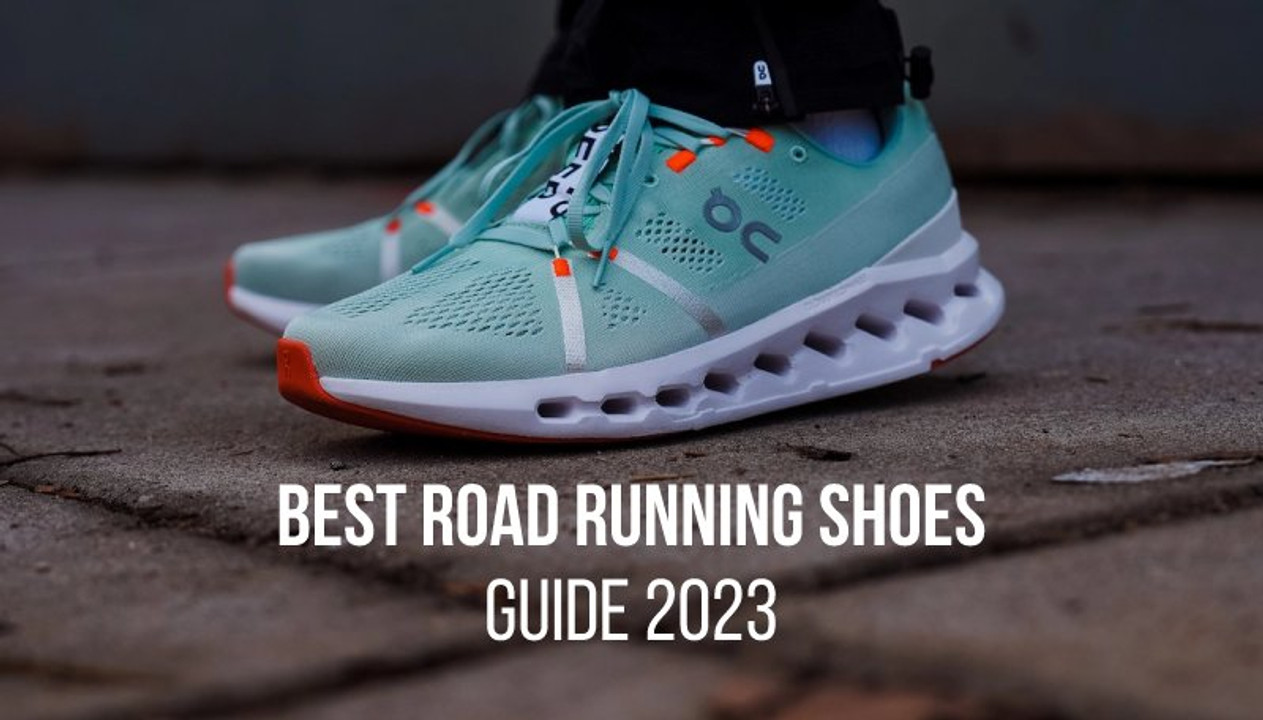
1. Nike Air Zoom Pegasus 39
The Nike Air Zoom Pegasus 39 stands as a quintessential choice for both beginner and experienced runners. Known for its responsive cushioning and lightweight design, it offers a breathability factor that keeps your feet cool even during long runs.
Pros
- Responsive foam cushioning
- Versatile for various distances
- Durable outsole for road running
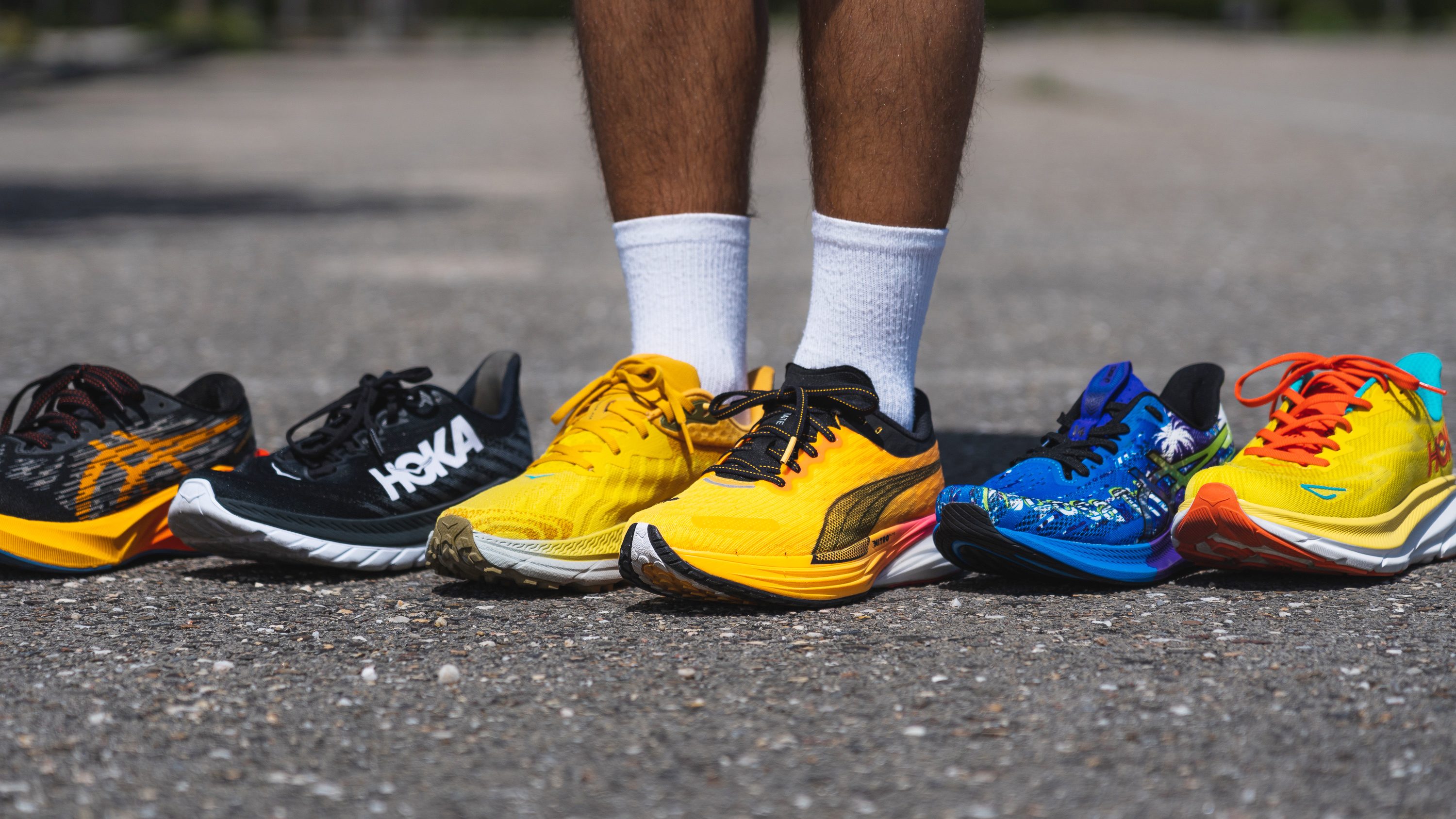
Cons
- Fit may be narrow for some users
- Pricey compared to competitors
2. Brooks Ghost 15
The Brooks Ghost 15 is well-loved for its plush comfort and smooth ride. Its DNA Loft cushioning adapts to your stride, making it ideal for long-distance pavement runs.
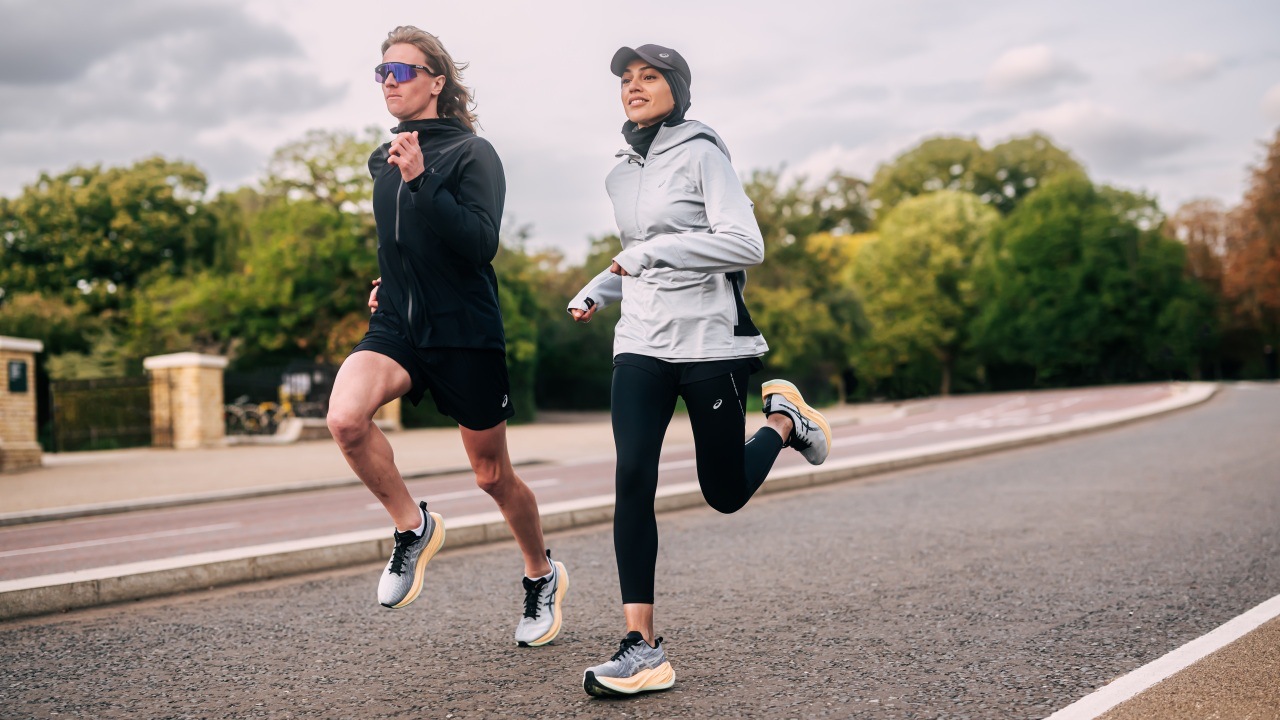
Pros
- Exceptional cushioning
- Good for high mileage
- Breathable upper mesh
Cons
- Heavier than some competitors
- Less flexibility in the midsole
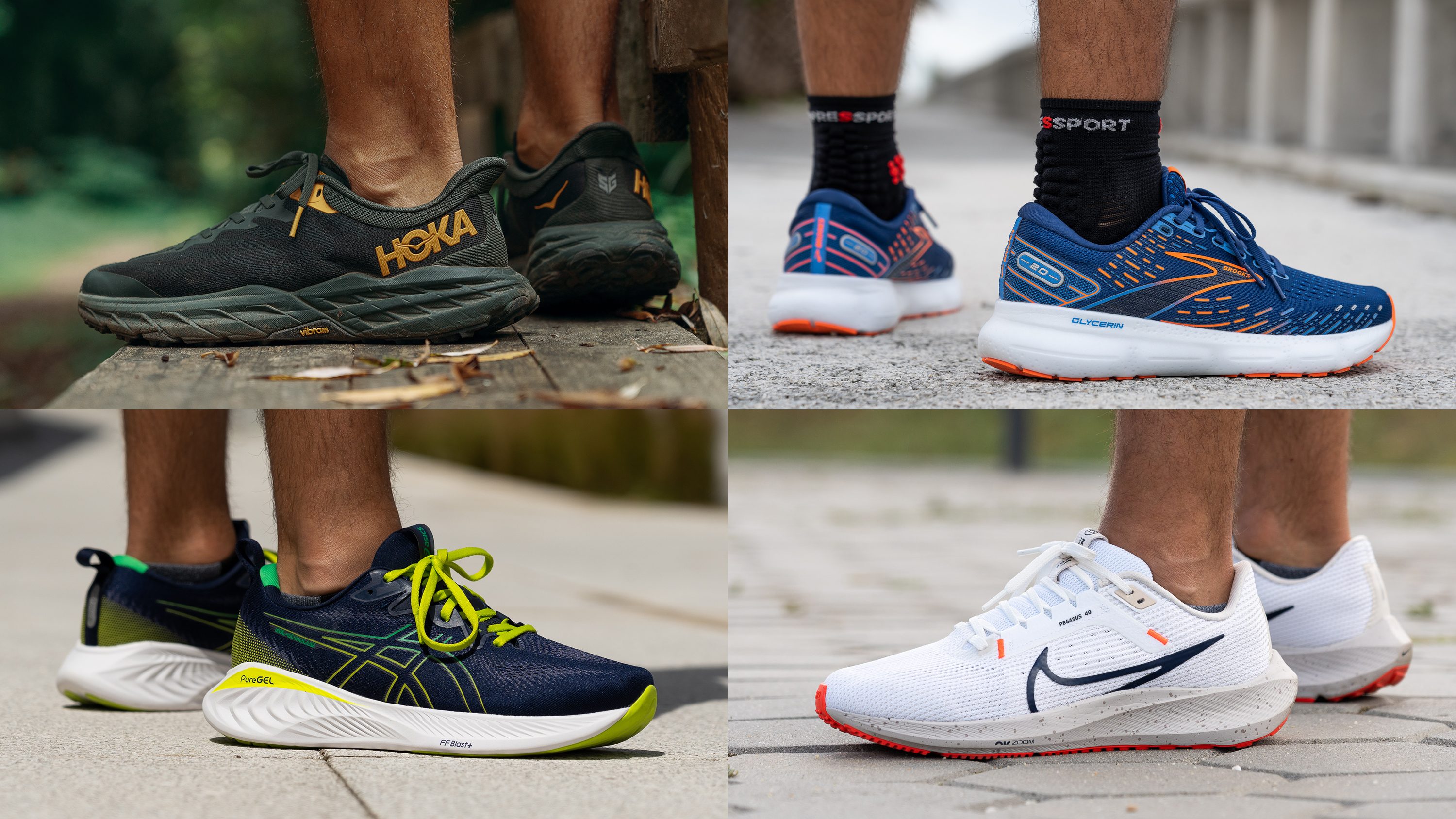
3. Hoka One One Clifton 8
Hoka’s Clifton 8 is renowned for its plushness and lightweight design. These shoes are perfect for those who prefer maximum cushioning without the bulk.
Pros
- Lightweight yet cushioned
- Great shock absorption
- Stylish design options
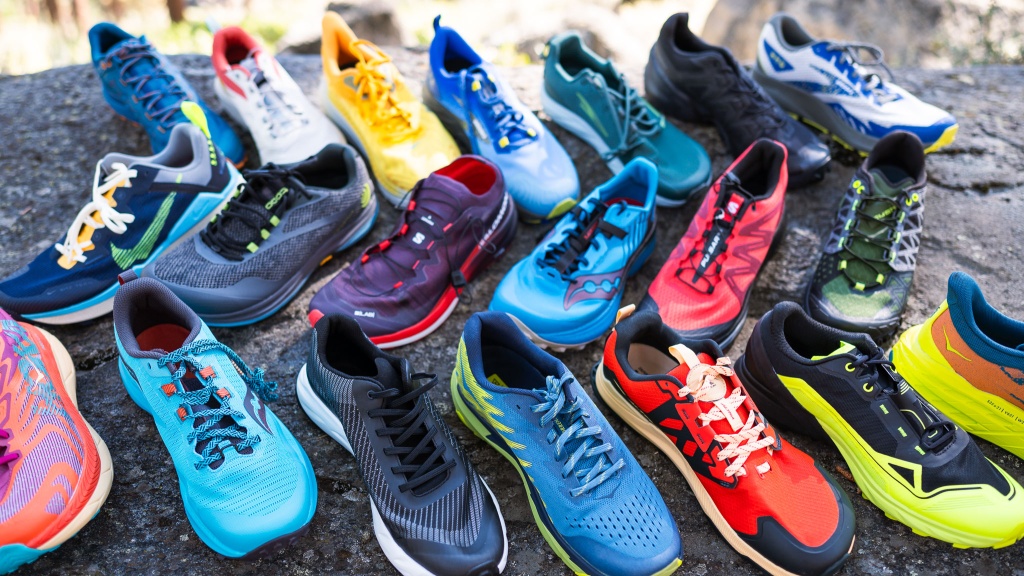
Cons
- Not suitable for trail running
- May feel too soft for some runners
4. New Balance Fresh Foam 1080 v12
These shoes provide a luxurious feel with their Fresh Foam technology, making them a favorite for long-distance runners. Their modern design also makes them a stylish choice for everyday wear.
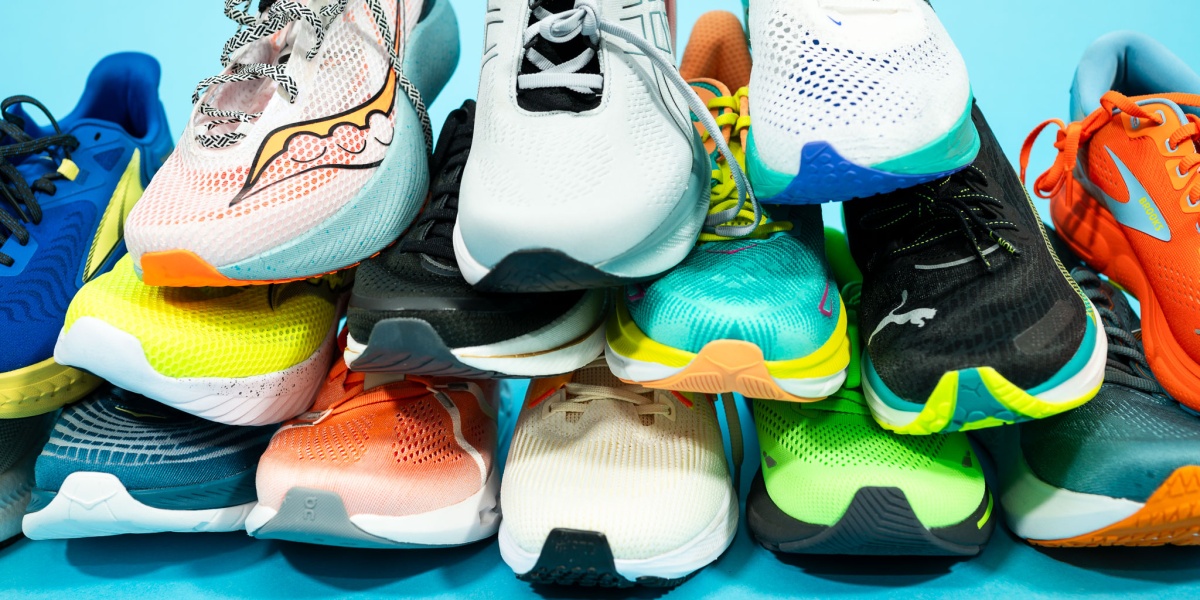
Pros
- Premium cushioning for comfort
- Wide fit available
- Durable construction
Cons
- Higher price point
- Can run warm in hot weather
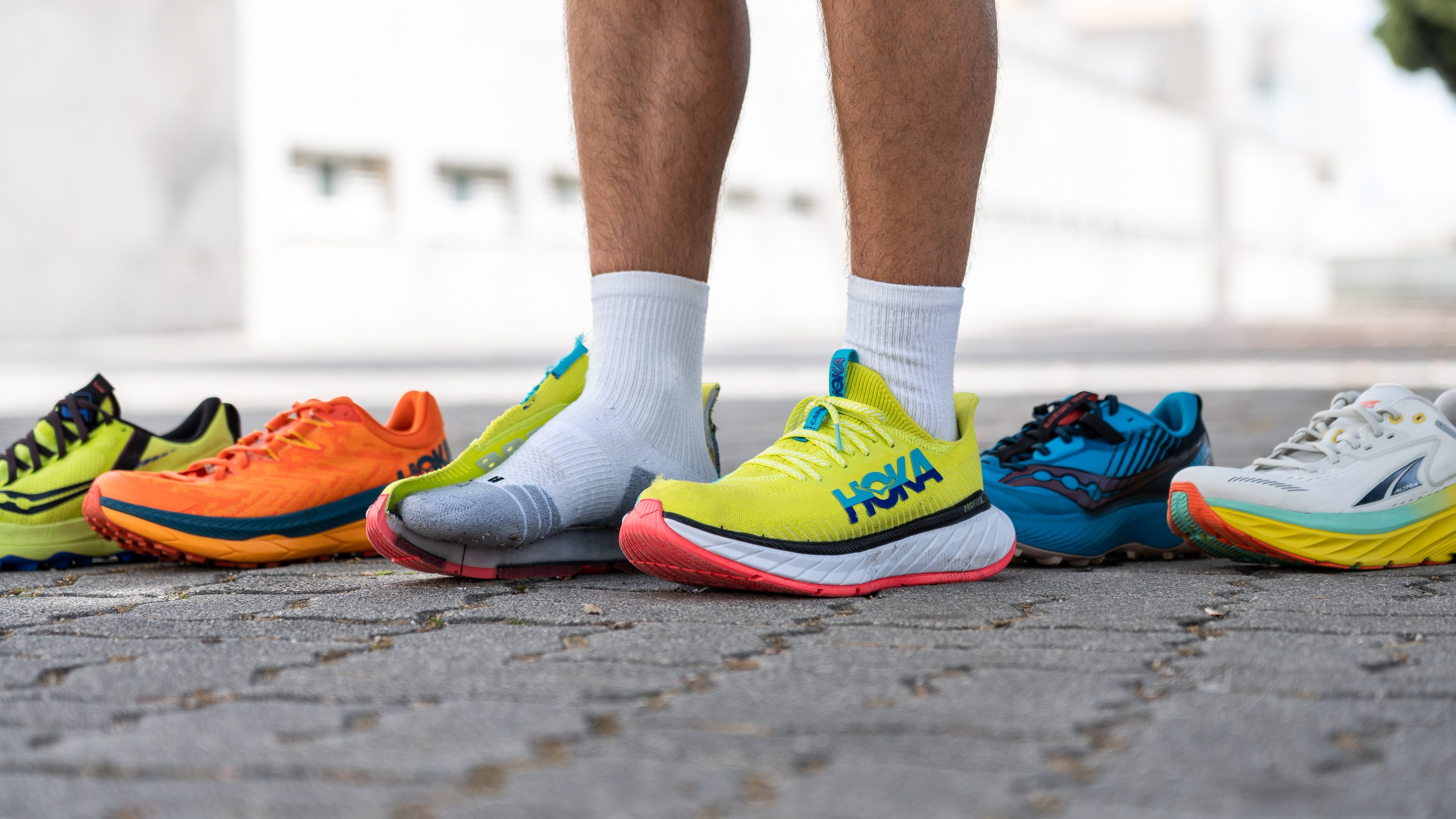
5. Saucony Ride 15
The Saucony Ride 15 is another great option for runners looking for a balanced ride. This year, it brings improvements in fit and cushioning, making it a solid contender on the pavement.
Pros
- Good blend of cushioning and support
- Responsive feel on the pavement
- Versatile for different types of runs
Cons
- Less breathable than some rivals
- May require a break-in period
Comparison Table
| Model | Cushioning | Weight | Price | Best For |
|---|---|---|---|---|
| Nike Air Zoom Pegasus 39 | Medium | 9 oz | $130 | Versatile road running |
| Brooks Ghost 15 | High | 10 oz | $140 | Long distance |
| Hoka One One Clifton 8 | High | 8.7 oz | $140 | Cushioned runs |
| New Balance Fresh Foam 1080 v12 | High | 9.3 oz | $160 | Luxury running |
| Saucony Ride 15 | Medium | 9.4 oz | $135 | All-around use |
Real-World Experiences
Real-world feedback is invaluable when considering which running shoes to choose. We gathered insights from runners across different experience levels to share their thoughts on pavement running shoes.
A Beginner’s Perspective: Sarah, 28
Sarah recently decided to take up running and invested in the Nike Air Zoom Pegasus 39. She remarked, “I love how light they feel on my feet. I’ve been running almost daily, and I haven’t experienced any discomfort or blisters, which is surprising for a newbie!” This highlights how the right shoe can boost confidence for those just starting.
A Marathon Runner’s Take: James, 36
James, an experienced marathon runner, swears by his Brooks Ghost 15. “I’ve run over 500 miles in them, and they have held up beautifully. They provide the perfect balance between cushioning and responsiveness that keeps me going mile after mile,” he shared. His experience underscores the durability of well-designed running shoes.
Causal Enthusiast: Lisa, 31
Lisa enjoys running as a way to relax and stay fit. She loves her Hoka One One Clifton 8, stating, “They feel like clouds! Perfect for my morning runs on the pavement.” This reflects the emotional connection many runners have with their shoes.
Tips for Choosing the Best Running Shoes for Pavement
Here are some essential tips to help you make a more informed decision when buying running shoes:
1. Get Fitted Professionally
Visit a store with knowledgeable staff who can measure your foot size and assess your gait. A professional fitting can reveal insights you might not notice on your own.
2. Understand Your Foot Type
Knowing whether you have flat feet, high arches, or a neutral foot can help narrow down your choices. Many brands cater to different foot types, so it’s vital to choose shoes that match your unique needs.
3. Prioritize Comfort
Always prioritize comfort over brand. If a shoe feels right, it’s likely the right choice for you regardless of the label.
4. Test Before You Buy
Don’t hesitate to take the shoes for a test run indoors or on a treadmill. Many stores allow return policies if they’re not suitable after trying them out.
5. Consider Your Running Style
Your running habits (distance, frequency, and surface) should influence your choice of shoes. If you’re primarily running on pavement, you need shoes specifically designed for that terrain.
Frequently Asked Questions (FAQs)
1. What features should I look for in running shoes for pavement?
Look for features such as cushioning, breathability, lightweight materials, and good traction. Stability and support tailored to your gait type are also crucial.
2. How often should I replace my running shoes?
Generally, running shoes should be replaced every 300 to 500 miles, depending on wear and your running style. Keep an eye on the cushioning and tread to determine when it’s time for a new pair.
3. Are expensive running shoes worth it?
Higher-priced running shoes often come with advanced technology, better materials, and increased durability. However, it’s essential to prioritize comfort and fit over brand or price alone.
4. Can I use running shoes for casual wear?
Absolutely! Many running shoes have stylish designs suitable for casual wear, making them versatile options for everyday use.
5. Is it okay to run on different surfaces with pavement shoes?
While pavement shoes are optimized for hard surfaces, they can handle light trails or tracks. However, they may not provide the best grip or support for rugged terrains.
6. How do I choose the right size for running shoes?
Always try on shoes at the end of the day when your feet are at their largest. Ensure there’s about a thumb’s width of space between your longest toe and the front of the shoe.
7. What’s the best way to break in new running shoes?
Start by wearing your new shoes for short distances before gradually increasing mileage. This will help your feet adjust to the new cushioning and support.
8. Can I use my running shoes for walking?
Yes, running shoes are generally suitable for walking, especially if they offer good cushioning and support. They are designed to handle repetitive motion and impact.
9. Are minimalist shoes suitable for pavement running?
Minimalist shoes can be used for pavement running, but they require proper adaptation. Ensure you have a good running foundation and start with shorter distances to avoid injury.
10. Should I consider the weight of running shoes?
The weight of your running shoes can impact performance. Lighter shoes can enhance speed, while heavier shoes often provide more cushioning and support. Choose according to your running goals.
11. Can I wash my running shoes?
Most running shoes can be spot-cleaned with mild soap and water. Avoid putting them in the washing machine, as this can damage the materials. Always air dry them away from direct heat.
Conclusion
Choosing the best running shoes for pavement is an essential task that can significantly affect your running experience. With various options available, consider your unique needs, running style, and the insights shared in this guide. Don’t forget to give your shoes a good test run to ensure they’re the perfect fit for your pavement adventures. Happy running!